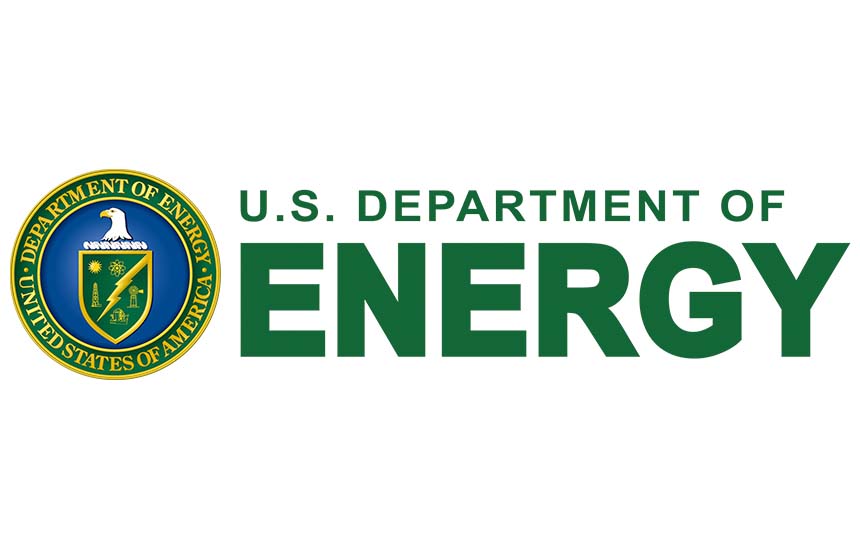Today, the U.S. Department of Energy (DOE) announced renewed funding for the National Alliance for Water Innovation (NAWI), DOE’s energy innovation hub for desalination. With $75 million over five years for this second phase of the Hub, NAWI will continue to bring together a team of industry and academic partners to examine the critical technical barriers and research needed to radically lower the cost and energy of water purification technologies. The advancements in desalination technologies will help propel the modernization of America’s water infrastructure, increase access to clean, potable water for all Americans, and move the country toward a net-zero emissions economy by 2050.
“Water and energy are interdependent—water is used to produce nearly every major energy source, and energy is critical to transporting and treating water,” said Jeff Marootian, Principal Deputy Assistant Secretary in the Office of Energy Efficiency and Renewable Energy. “The deep connection between these two resources demands an integrated approach that considers the challenges and opportunities inherent to both sectors. The Department of Energy is proud to be leading the nation’s efforts to decarbonize the water economy, while ensuring a secure water future for communities nationwide.”
Current water supply systems in the U.S. rely primarily on fresh surface and groundwater, with a small percentage coming from desalinated salt water. However, climate change, population growth, greater industrial and agricultural demand, and changes in how communities use water are placing increasing stress on these fresh water supplies worldwide. To supply the water needs of the future, it is critical that the U.S. develop technologies that provide alternative water sources and treat and use water in ways that are efficient, sustainable, cost-effective, and minimize energy use and greenhouse gas emissions.
NAWI and other partners across industry, government, and academia are investing in technologies to mitigate these effects on the water cycle. These technologies will focus on treating water from alternative sources like brackish groundwater and various wastewaters to create more fit-for-purpose water while reducing emissions and energy use associated with traditional water treatment. In its first five years, NAWI funded more than 60 projects, including pilots, projects across the United States focusing on a combination of water treatment, desalination unit processes, novel automation and water treatment, desalination processes, and modeling tools and analysis. This included projects from early-stage research through pilot scale. Additionally, the hub published the NAWI Master Roadmap and five sector-specific roadmaps (power, resource extraction, industry, municipal, and agriculture) as they relate to key technical challenges and research priorities in desalination and treatment of nontraditional source waters. power, resource extraction, industry, municipal, and agriculture) as they relate to key technical challenges and research priorities in desalination and treatment of nontraditional source waters.
NAWI has the largest extended community of any DOE hub or institute, with 108 Research Consortium member organizations (members who have won competitive awards) and more than 424 Alliance Organizations and 17,000 individuals.
Building on the success of the first iteration of NAWI, the second iteration of NAWI, or NAWI 2.0, will dive deeper into the following energy-water challenges:
- Increasing focus on piloting integrated energy efficient and decarbonized water systems, including treatment, delivery, and management
- Emphasizing reuse of a variety of wastewaters
- Convening technology developers, water managers, and communities to identify priority opportunities for optimizing water supply management.
NAWI is led by Lawrence Berkeley National Laboratory in collaboration with the National Renewable Energy Laboratory and Oak Ridge National Laboratory, and is funded by DOE’s Industrial Efficiency and Decarbonization and Water Power Technologies offices.

